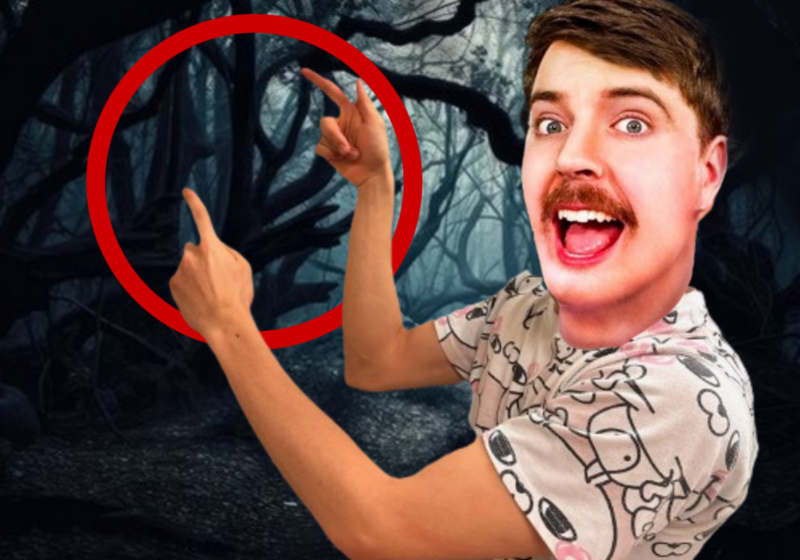If Woody Allen met the French New Wave, and if both were recent liberal arts college grads scrambling to navigate the trials of the working world, the result might look something like “Frances Ha.” Shot in gorgeous monochrome and directed by indie auteur Noah Baumbach (“The Squid and the Whale,” “Greenberg”), the film has an air of spontaneity that draws directly from François Truffaut’s “400 Blows,” another urban odyssey about youth’s uneasy transition into adulthood. Scenes breathe in the motion and commotion of New York City and orient us in the moment, whether it occurs outside in the throes of afternoon traffic or indoors where two close friends talk frankly about sex and life.
These friends are Frances and Sophie, respectively played by Greta Gerwig and Mickey Sumner. If “BFF” lasted into one’s twenties, this friendship would be it. These two share an apartment, sleep in the same bed, take the subway together, and play fight in the park. They are, as Frances remarks on multiple occasions, “the same person.” But they aren’t, and when Sophie gets a boyfriend, a schism slowlygrows between them, first subtly then painfully.
Yes, the movie hurts. It’s a startling characteristic, especially since Gerwig is such a natural charmer. Ditzy and elegant in equal measure, she bubbles with a childlike energy that spills over into her ambitions. Prancing through the streets, she aspires to be a dancer but keeps falling (literally as well as figuratively) beneath the standards of the local dance company. As her dream is continually deferred, she hops from one odd job to the next, flits past any notion of committal love, and clings tenaciously to an idealized vision of how everything should be, beginning and ending with her friendship with Sophie.
The movie’s sting, which turns caustic in a scene where Frances casts drunken insults at Sophie in a nightclub bathroom, is its honesty. “Frances Ha” isn’t afraid to emote, throwing around bitterness and anger with the volatility with which emotions actually occur. Though in some ways a comedy, the film is shrewd with its humor. Funny moments abound, but they are less comic relief than extensions of the drama, which centers on Frances’ eccentric personality. The dialogue boldly marches into awkwardness, eliciting both our frustration and empathy towards a character who is so likable and yet so lost.
This sense of indirection is especially relatable for us college students and post-college individuals reeling from the thought of surviving in a society driven by financial responsibility and a mantra of self-sufficiency. All of it is overbearing, yes, but it’s also life, and the film is about coming to terms with this. In this way, “Frances Ha” functions as a coming-of-age story for adults, walking the fine line between living and dreaming in true Woody Allen fashion. It’s a story that is by nature open-ended, because we never stop growing, never stop striving. The movie’s conclusion reflects this, and yet the film feels beautifully complete — it has embraced the unruly mess of life and emerged with grace.
Jeng is a member of the class of 2016.






